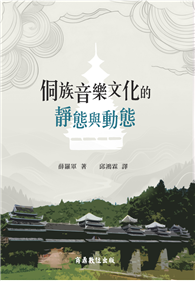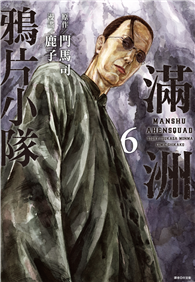Cultural practices and artifacts, in their multiple and varied forms, are grounded on values, which are so deeply internalized by people that usually remain in the background, as taken-for-granted guides for interpretations and decisions in everyday life. Shaping individual moral horizons is at the core of socialization processes, through which older generations aim to disseminate their culturally established values to the new ones, making use of suggestions mainly implicit in daily experiences and interactions.
Despite the strength of these processes of cultural canalization, people find particular ways of positioning and interpreting social suggestions, drawing singular life trajectories and developing themselves as unique beings. This is truthful also in case of highly institutionalized settings like the military, in which people play in many forms an agentic role in their own development, being prepared to perform their professional duties in very complex and challenging activity contexts. This book is an invitation to dive deeper into human experiences lived in the military through qualitative and in-depth approaches, observing their affective qualities, the meanings they acquire and how they shape individuals’ identities, fostering the development and try-out of specific ethical and moral values.The present work can contribute to research and professional practice in fields related to human development, social processes, education and people management in the military, as well as in other institutional contexts, especially by highlighting the affective, meaningful and moral-ethical dimensions of cultural experiences.








![114年幼兒園幼教師類教師資格考通關寶典[教師資格考] 114年幼兒園幼教師類教師資格考通關寶典[教師資格考]](https://media.taaze.tw/showLargeImage.html?sc=14100118468)


